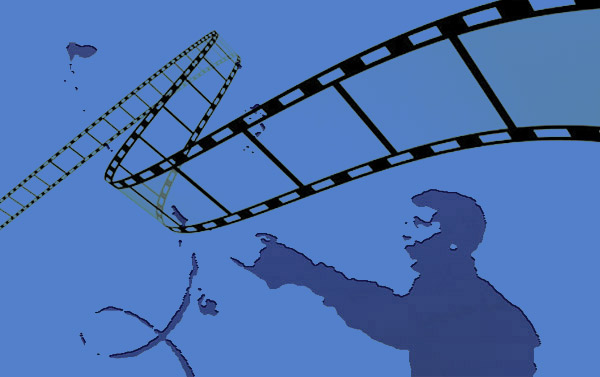
Children’s rights and movies
All students need to know their rights to be able to respect them. From Grup IREF we want to contribute to the education for children’s rights by proposing a series of movies and a teacher’s guide for each one. The guide offers activities to discuss and reflect on Children’s rights presented in these movies.
Aims:
- Let students know their rights and make them reflect on their citizenship.
KNOW THEIR RIGHTS.
- Help them to make connections between life in the classroom and outside the classroom, as spectators or consumers of film products and, at the same time, as thinkers who can reason, have understanding, conceptualisation , knowledge about geography, history, etc.
APPLY KNOWLEDGE
- Open the classroom to other languages, and other ways of communication.
USE DIVERSE LANGUAGES
- Present movies from different countries to amplify our world view about cultures, religion, laws, morality, attitudes, TO GET MULTICULTURAL PERSPECTIVES
- To introduce cinema as a text in the classroom, as a different narrative.
THE LANGUAGE OF CINEMA
This proposal has a double dimension:
- To introduce children and young people to their rights.
- To introduce children and young people to cinema language.
In this sense, we propose to work with movie themes and with the movie as a film.
Note: In this LINK you will find proposals in pdf format to work with. They are in Catalan, but you can translate them with a good translator on-line.
| Right’s Article | Film | Country and year | Theme | Film element |
|
Article 1 |
Billy Elliot |
Great Britain, 2000 | Gender | Team work |
| Article 2 |
Ça commence Aujourd’ui |
France, 1999 | Maltreatment/ Abuse | The plot |
|
Article 3 |
Fence |
Australia, 2003 | Identity | Punctuation system |
| Article 4 |
The Kid |
USA, 1921 | Care, Welfare | Actors |
|
Article 5 |
The Color of Paradise |
Iran, 1999 | Disabilities | Film shots |
| Article 6 |
La vitta è bella |
Italy, 1999 | Protection |
Music |
|
Article 7 |
Not One less | China, 1999 | Education |
Frames |
|
Article 8 |
John Q. | USA, 2001 | Help, auxil |
Camera Movements |
|
Article 9 |
Central do Brasil | Brasil, 1997 | Abandon and explotation | Assembly |
|
Article 10 |
Promisses | USA, 2001 | Solidarity and Friendship | Documental |
Clapperboard: Pre-school and primary education

